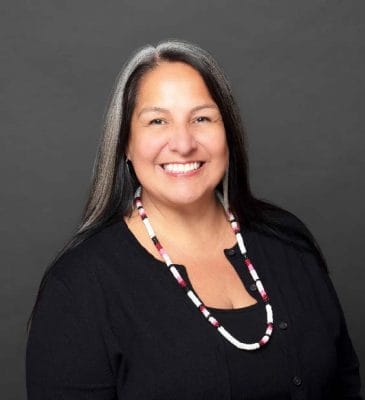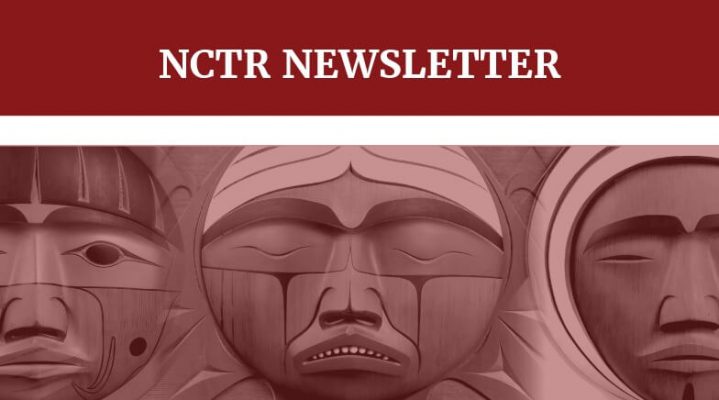Boozhoo and welcome to the National Centre for Truth and Reconciliation (NCTR).

The NCTR holds the sacred trust of Survivors’ statements and oral histories, and the records gathered by the Truth and Reconciliation Commission of Canada (TRC). Our mandate is to share these truths with Canadians, educate about the devastating impact of residential schools, and inspire action towards reconciliation.
Every day, we remember the children who never returned home and honour the courage and strength of Survivors and their families. Their lived experiences guide our work as we strive to educate, inspire, and support future generations on the path towards truth, healing, and reconciliation.
Established in 2015, the NCTR was born from the TRC’s mandate to create a lasting legacy. We are committed to preserving and sharing Survivors’ truths, conducting vital research into missing and disappeared children, educating Canadians to foster a deeper understanding of the residential school system and its ongoing impacts, and supporting community-led initiatives for healing and commemoration.
We know that reconciliation is a shared responsibility — we cannot do this work alone. We work closely with partners and we encourage open dialogue among all Canadians to address the many challenges that remain.
The NCTR is a place of truth, education, and healing, where visitors can learn, reflect, and connect. We invite you to explore this website and discover the strength and beauty of First Nations, Métis and Inuit cultures and communities.
On behalf of the NCTR staff, miigwetch for your continued support and efforts as we work towards our collective goal of reconciliation. And most important, we extend our deepest gratitude to all Survivors and intergenerational Survivors who continue to guide us through this journey. They are the reason we exist and why we do this work. Their courage and strength inspires us every day.
Stephanie Scott, Executive Director
